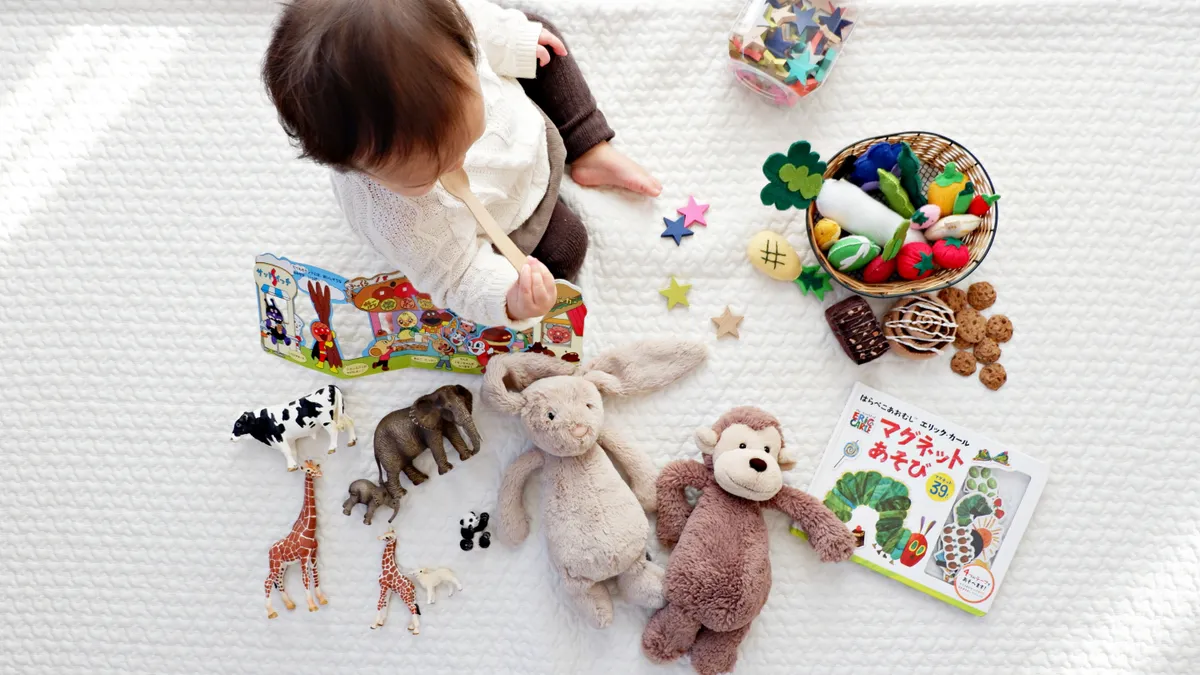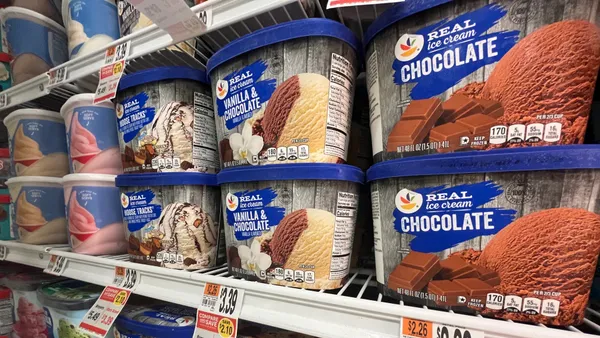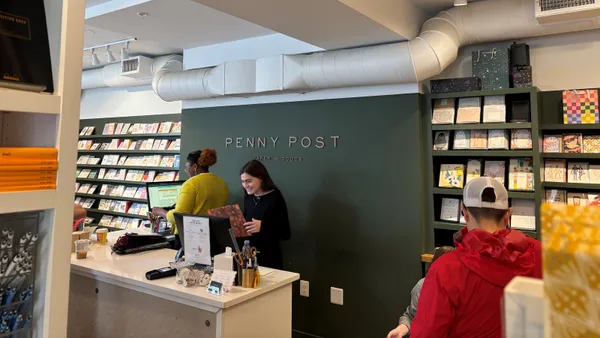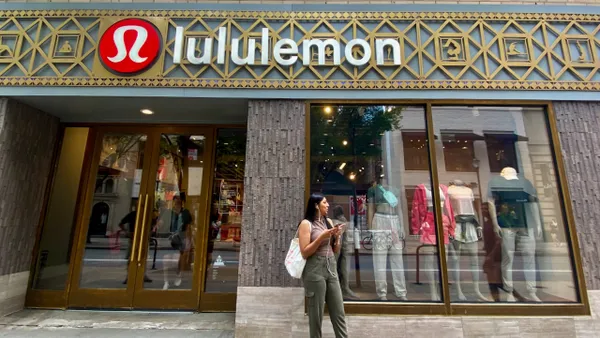This is a contributed column by Kimberly Mosley, president of the American Specialty Toy Retailing Association (ASTRA). ASTRA is a nonprofit organization that serves over 1,800 independent retailers, manufacturers, and sales representatives in the specialty toy industry. Views are the author's own.
When Toys R Us announced its closing, generations of parents had to look for a go-to destination to reward a child after scoring the winning soccer goal or to track down the desired toy for the holidays. In turn, there was an instantaneous realization that other big box stores did not have the capacity to fill the toy void left by Toys R Us. They couldn’t fit an entire toy store inside their already packed stores.
Because of this, we have seen more and more independent toy stores step up to fill in the gap with innovative and unique shopping experiences to attract the overflow of customers, and these 'grassroot' approaches are serving to shape the industry in ways that positively benefit the local toy owner.
Filling the Toys R Us gap
There’s no argument that local toy stores have always had a larger selection of product and personalized service than the big box stores. As part of their craft, independent store owners are careful to stock unique and high-quality toys and games that best fit their communities.
Now they are bringing more events and experiences into the store.
Local toy stores can deliver on the "customer experience promise" at a higher level than big box and online retailing through customer service and store events and since the closure of Toys R Us, stores around the nation are producing more and more of these types of experiences for customers.
Store events with branded experiences are a notable way the industry is filling the gap and we recently saw this through Melissa & Doug when they partnered with South Carolina retailer Wonder Works to debut experiential retail and offer interactive, screen-free play zones, known as "immersive play zones," that Melissa & Doug retailers now provide their customers. By offering original in-store events, stores strengthen their connection to the community and bring the magic to kids and the kids-at-heart, which was the magic of Toys R Us, and helps brands, big and small, to have a hands-on experience with customers.
Customer service is still key
Local toy store owners understand that loyal customers return in part due to the above-and-beyond customer service that shopping local can provide in comparison to a big box store.
The customer service experience that has always been a part of shopping at local toy stores continues to take center stage in how retailers are responding to changes in the industry. Shopping local offers a personalized shopping experience which can include offers like free gift wrapping, where one or two staff members are on hand to wrap gifts for customers, and/or enhancing convenient personal shopping by calling the store ahead of pick up and asking for the gift to be wrapped prior to pick up. Another example of this personalized shopping experience is working with the store owner to find the perfect toy to fit your child’s stage of development and interests (even if it is not the latest movie craze). Special orders, wishlists and other personalized services help to make the local toy store feel more like a destination for the entire family.
By offering these conveniences, the owner and the staff get to know the customers, and in turn mom and dads can count on the expertise of the owner and staff to make the best choices for their child.
In addition to knowing their customers and the community they serve, they also know the business of play. Owners and staffers understand play is a vital activity in child development. They know about play and social development and can help parents and caregivers assess critical milestones. Through programs like ASTRA’s Certified Play Expert (CPE), participants gain in-depth knowledge on the science behind the play, toys as tools to enrich children’s lives, and child development stages and learning styles. Through programs like this, they are taught to recommend items based on the child’s needs and the parent’s goals. This is more informed shopping than impersonal clicks on an online store.
In the future, we can expect to see more in-store, branded experiences, like LEGO-building or immersive play zones. This trend, along with dedicated play areas for kids while parents are shopping, will only ripple as more and more toys think of creative ways to give a "customer experience." Following in line with this, pop-up stores that feature experiences like "pop up play days" in select cities are notably taking off as well.
We also will continue to see long term partnerships play out over the next few years. By partnerships, think in terms of toy store sponsored community clean-up projects where kids, parents and store employees are working side-by-side to create a new play space.
Lastly, as new retail technologies like automated POS and near-field recognition become more attainable for small business owners, they will be able to meet customer high-tech expectations with more effective marketing and ability to spread the word.














